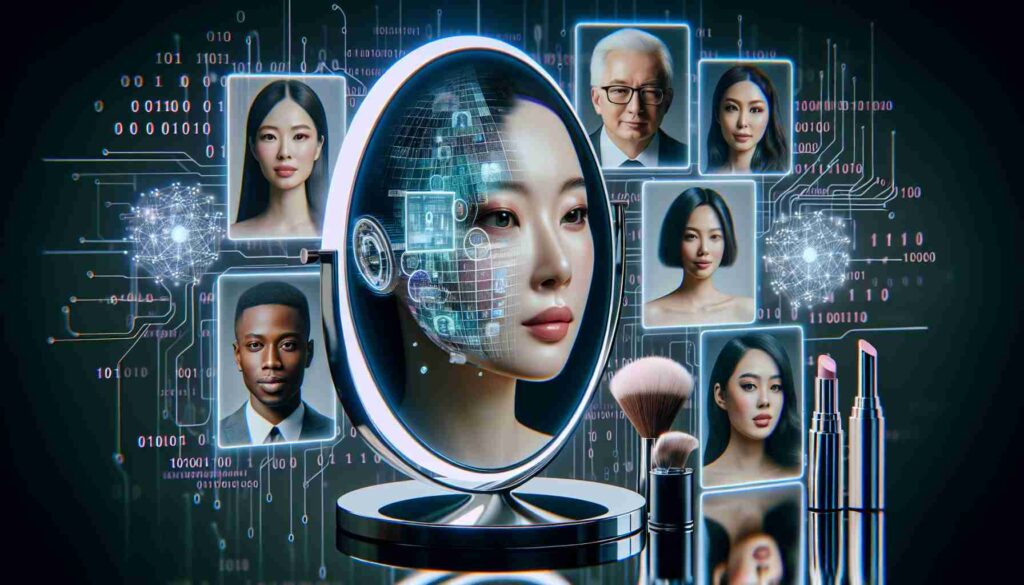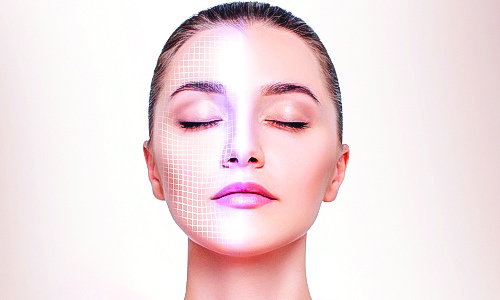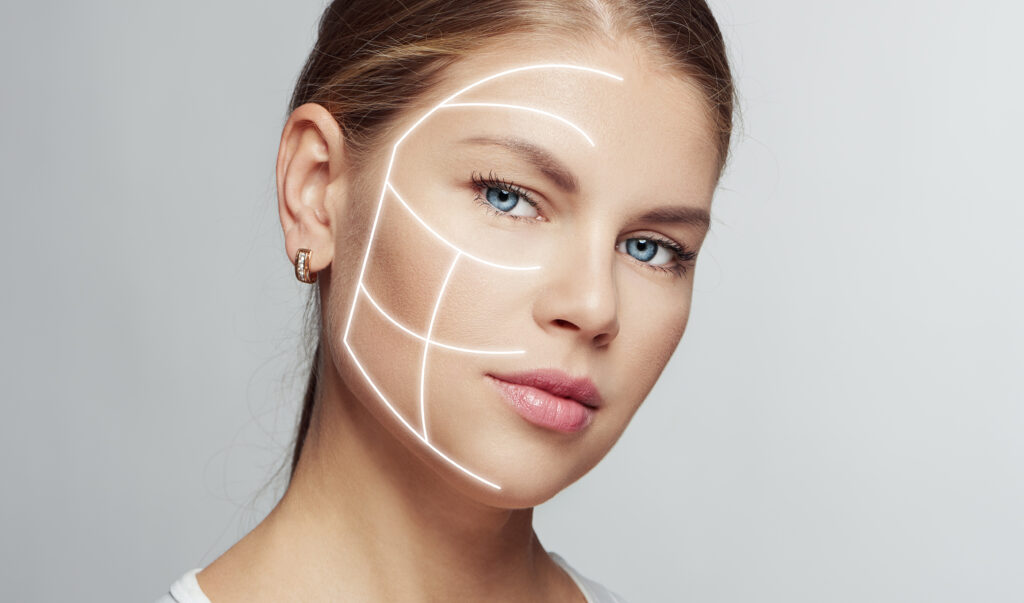Media

Revolutionizing Beauty Industry with AI Technology
Gone are the days of traditional beauty product selection methods based solely on brand recognition and packaging appeal. In a groundbreaking shift, beauty giant LuxeVision is leveraging advanced AI technology to revolutionize the way customers discover and create personalized cosmetics on the spot. Say goodbye to one-size-fits-all solutions that fail to address individual skin needs and preferences.

Role of artificial intelligence in beauty industry
In today’s rapidly evolving beauty industry, the intersection of art, creativity, and technology has become more prominent than ever before. Artificial Intelligence has stepped in as a transformative force in many sectors and has made its mark in the field of beauty as well.

Role of artificial intelligence in beauty industry
In today’s rapidly evolving beauty industry, the intersection of art, creativity, and technology has become more prominent than ever before. Artificial Intelligence has stepped in as a transformative force in many sectors and has made its mark in the field of beauty as well.

How AI And AR Are Enhancing The Beauty Space
The beauty industry has witnessed a remarkable transformation in recent years, partially due to the integration of Artificial Intelligence (AI) and Augmented Reality (AR) technologies. These groundbreaking innovations have not only changed how consumers interact with beauty products but have also revolutionized the way brands market and sell their offerings. 93% of users on Snapchat have already shown interest in using AR for shopping. From virtual try-on experiences to personalized skincare recommendations, AI and AR have opened up a world of possibilities, enhancing the beauty space in unprecedented ways.

Forget testers, embrace tech: How AI-based virtual try-ons are revolutionising beauty technology
The beauty and wellness industry is booming, having already surpassed a staggering $100 billion in global revenue. It is projected to reach a monumental $8.5 trillion by 2027, setting the stage for a massive transformation. According to a 2020 report by McKinsey and Company, 85 per cent of beauty products were purchased in-store before the pandemic, which pushed the graph towards online sales. The way we shop for beauty products is undergoing a dramatic shift.

Getting a makeover: How AI and metaverse technology are transforming the beauty industry
The beauty industry is on the verge of a transformative shift as artificial intelligence (AI) and the metaverse join forces. The new technologies are already reshaping customer interactions with beauty brands, ushering in immersive and personalised experiences. The companies introduced a cutting-edge AI tool known as the Skincare Advisor. A simple selfie and interactive questionnaire can determine beauty goals, and powers the Skincare Advisor to comprehensively analyse the user’s complexion and ultimately provide a list of recommended products that best suit the user’s individual needs.

BEAUTY BRANDS ARE USING AI TO SUPERCHARGE CREATIVITY AND INNOVATION
AI is a term to describe how computer engineers can create smart machines that can do things like humans do. It involves making computer programs that can solve problems, make decisions, understand speech, and talk like us. It’s not new; you’ve been engaging with it for decades, but it’s rapidly advancing. ML is a part of AI where computers learn from data without being explicitly told what to do. They can automatically find patterns, make predictions, and get better at tasks by learning from examples.

Advanced AI: The Next Frontier In Beauty Technology
The beauty industry has embraced artificial intelligence (AI) across its tiers, witnessing an expanding horizon of AI’s influence. In the dynamic arena of AI, an array of innovations—from computer vision to real-time AI interactions and AI-driven recommendations — is reshaping business-customer dynamics. Amid this landscape emerges generative AI. Let’s delve into the realm of generative AI and conversational AI, exploring their implications for the beauty industry.

Face-scanning AI apps are giving cosmetics companies deeper connections, and selling points, with customers
The spread of AI face scanners across cosmetics companies reflects a broader push toward personalized skin care—a more tailored shopping experience or custom-made products, for example. But while companies are experimenting in personalization, and it’s “one of the big goals in medicine, we’re sort of not there yet,” dermatologist and researcher Raj Chovatiya told Fortune. There are questions about how tools like Skin360 fit into the way dermatologists work, he said.
